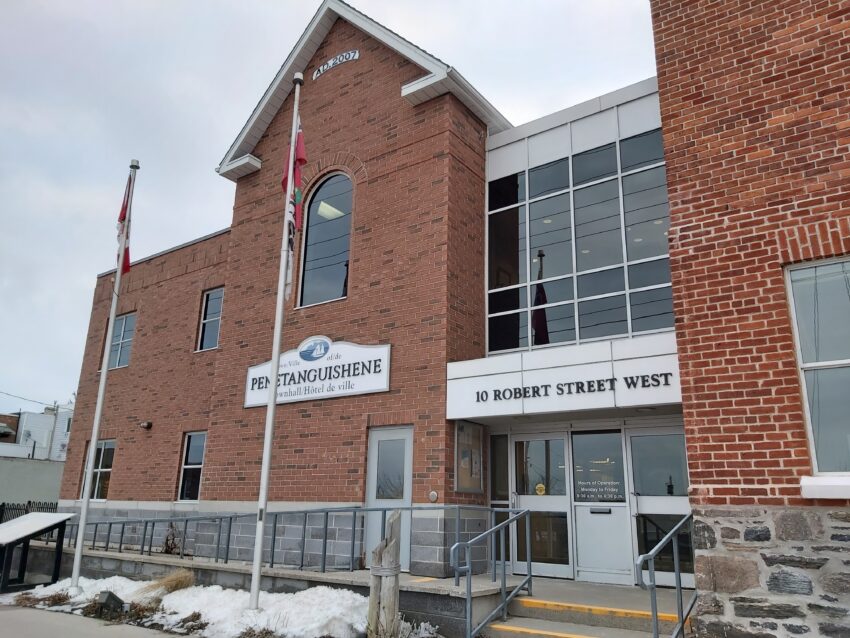Affordable housing was key to short-term-rental component in final zoning bylaw review.
After three years of drafts, edits and public input, Penetanguishene council and staff are ready to adopt new zoning bylaw rules and regulations next month.
At a recent committee of the whole meeting, Penetanguishene council heard from Alison Luoma, senior planner for Meridian Planning Consultants, who noted that since the most recent input three topics kept returning to the forefront: short-term rentals (STR); shoreline structures; and county comments.
“In terms of STR, what the bylaw does is establish the very basic framework for STR in the town,” said Luoma, adding that ZBL would work in conjunction with municipal licensing bylaws. “The zoning really only addresses issues in terms of where STR are permitted.”
Places where a lot fronting onto open and municipally maintained roads are required for an STR to be permitted. As such, STR are proposed to be permitted in detached dwellings of the shoreline area and rural zones, and in dwelling units above ground-level commercial uses and in multiple dwellings in the downtown and waterfront zone.
“STR are not permitted as-of-right in a residential one (R1) or residential two (R2) zone. Any existing short-term rentals in these locations will be recognized as legal non-conforming,” stated Luoma.
“In terms of why we are not permitting STR in the R1 and R2 zone, I wanted to address that very specifically. But in particular, that is because of how STR relate to the housing supply within the town, and how those two things are actually interrelated, specifically within those R1 and R2 zones.”
Whereas a single detached dwelling could be used to support the housing supply for residential purposes with a contribution of between one to three affordable housing units, that same home used as an STR would be removing support and opportunity for affordable housing by one to three units.

